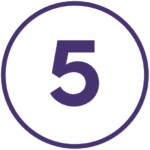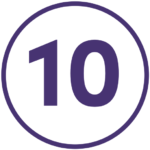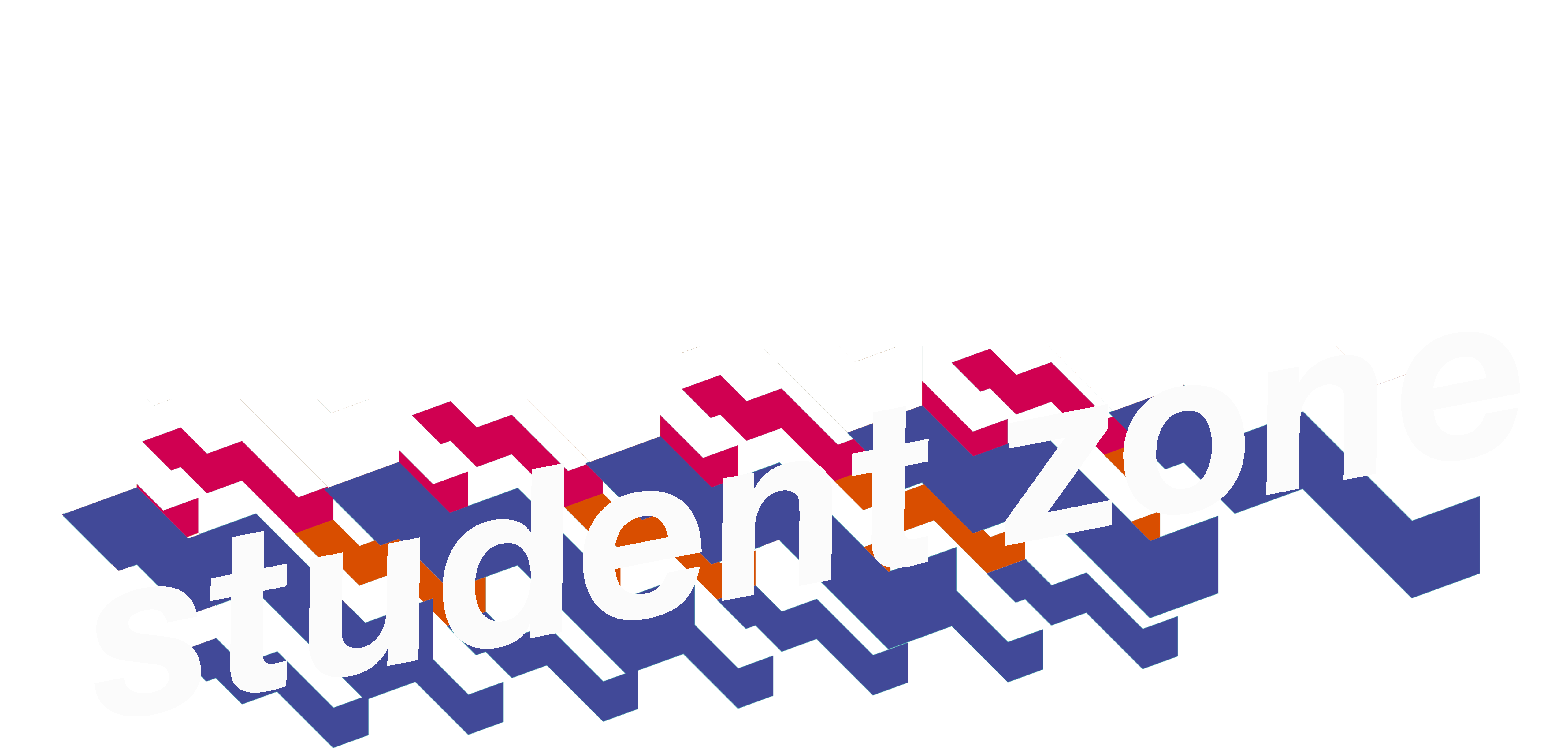Ready When You Are: Funding Applications
with Chris Michie
Video Transcript
Hi. I’m Chris Michie, a Scottish flute player, Transitions alumni, and now a mentor specializing in funding applications. During my undergraduate and postgraduate degrees, I’ve applied to, I would say over 50 funding organizations and today I’d like to go through my top tips to apply for funding.
 |
Firstly would be read the criteria thoroughly: a/ making sure that you’re eligible to apply b/ making sure that you know when the deadline is. And finally, knowing that if you have to send in further information, whether that be a birth certificate, proof of address and even references, which will cover later in the video. |
 |
Second, would be set reminders for deadlines. So I totally understand that as students we’re juggling quite a lot. We’re juggling a full-time education, sometimes juggling part-time, full-time work, having a life, and then on top of that, having to set time aside pretty much to do funding applications, it’s really tricky. So the best thing to do is set reminders on your phone and also set reminders in your diary, just so you cover both can aspects. |
 |
Thirdly, would be communication. Even through Transitions you know communication is vital to organizations and it’s no different when applying for funding. |
 |
Four, save your log in details. I have been through the laborious tasks of trying to apply for funding late at night because I’ve had a busy day and I cannot remember my login details, and that’s the last thing you want. So what I find as if I have the same login details for every application as well as saving those login details in either a saved document on my computer or in my diary just somewhere safe that I know where they are. |
 |
Fifth, would be save answers in a word document. This is really important to me. Pretty much each application is different, but sometimes and usually they need similar answers. So it’s a way of you saving time and being efficient in your applications. |
 |
Sixth, would be references. References is a thing that is really important to each application. People write references for you that know you best and they’re doing you a favour by doing so. So the best thing we can do is be upfront and make the process as stress free as possible. Giving them the details that they need. |
 |
Seventh, would be send your application to be checked. Pretty much you could send that to your friends and family to your teachers. Don’t see it as a way that they’re criticising your work. It’s a way of them making sure your application is as successful as it possibly can be. |
 |
The eighth thing would be don’t ramble sometimes after applications that have really strict word counts. And the best thing to do as learn a way of being concise and direct by telling your story. It’s much more powerful that way in terms of just rambling on. |
 |
Number nine would be don’t just list things. The last thing a funder wants to look at is them saying show us a way that you have contributed to your community. And then you then send a list of things like I have helped my wind band at school, I have worked in a shop. Just the way just listing doesn’t really show them what you’ve done. They want to know how that’s impacted your life. So the way I structure it as: a/ What have you done? b/ How did you go about it? c/ How has that impacted you? What skills have you gained from that? And then to round it off then how will that impact your undergraduate studies. It’s just a way of giving them an answer that best describes you and also shows that you’ve put in the effort to their questions. |
 |
And finally, be upfront, be honest, tell your story. It took me a while to understand that applying for funding grants isn’t a way of asking for handouts and pity and ‘I’m a charity case’. That’s not what these funding organizations are for. They’re there to help people like us give us an opportunity that we haven’t been able to access before. The money is there, and we’re entitled to apply for it. So we need to apply. |
I find applications and funding applications sometimes stressful, but over the years I’ve learned the best ways to go about them. And it as a journey, and hopefully with these top tips it’s showed you that it is accessible, and that is doable.
I wish you all the best of luck for your applications. And if you have any further questions, please contact the Transitions team. But good luck and yeah, thank you.
Downloadable Resources

